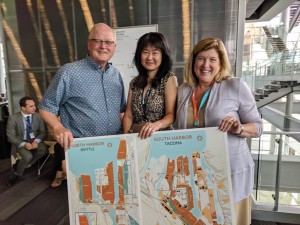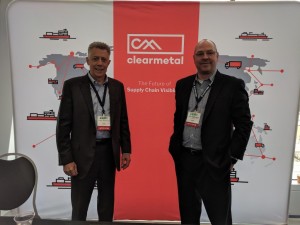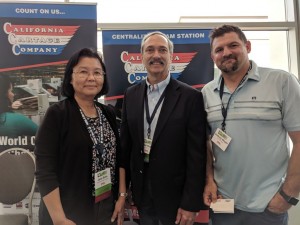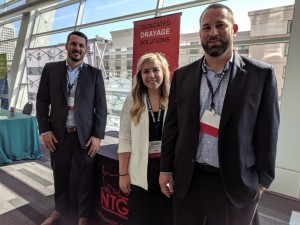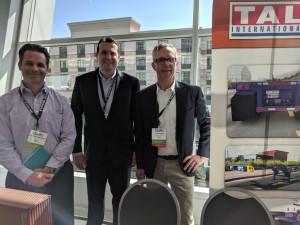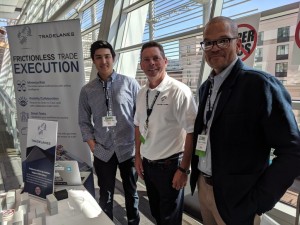Agricultural Transportation Coalition Annual Meeting, Tacoma WA June 11-14
There were several themes and common issues affecting competitiveness raised by Ag shippers at the Agricultural Transportation Coalition annual meeting in Tacoma June 11-14. Among those expressed were the following inefficiencies that increase operational costs to shippers:
- Vessel transit time delays, in some cases affecting 50% of shipments, including containers sitting in transshipment ports for weeks at a time
- Continuing terminal congestion and lack of productivity at US export ports that can easily result in terminal detention charges of $75-$275 per container
- Lack of reefer container availability and chassis availability, especially equipment availability at inland loading locations
While acknowledging that in some cases extended terminal gate hours, appointment systems, and technology platforms help, several shippers maintain that there is still a long way to go in improving ocean carrier, terminal, and chassis operations. A common theme expressed by several shippers was that basic old-fashioned customer service communication by ocean carriers would help, so that shippers could devise contingency plans.
One service provider at the conference further framed several of these issues and offered up at least a couple of suggestions as related to container and chassis availability. On the question of service reliability Bill Rooney, Senior VP of Strategic Planning for Kuehne & Nagel mentioned the following two service issues, with no clear prospects of improvement:
According to Sea Intel, ocean carrier on-time performance on the Transpacific Westbound leg currently runs at 75%, with an average service delay of 3 ½ days; not a very good percentage if viewed from the perspective of the airline industry. Consider to the average train speeds, including intermodal, are 15-20% slower than in 2016.
Regarding container and chassis availability, Rooney reiterated the following basic points:
- Import containers go to where people live, and export containers come from where people don’t live
- It is very expensive to reposition containers, and ocean carriers want to keep them close to the import ports and return them to the origin ports ASAP
- Carriers sometimes prefer exporting empty containers, particularly when considering the cost of repositioning empties inland to load export cargo that may earn only 20-30% the revenue of import loads.
All the above considerations have contributed to an increase in transloading, and Rooney offered the following alternatives to consider, where feasible:
- Rail exports in bulk or boxcars to the export ports and transload into containers:
- Where possible, site export loading points near the import destinations, and therefore try to better match import loads with export loads.
Regarding chassis availability, Rooney reflected on the frustration expressed by some shippers on the complications of accessing and returning specific chassis to specific chassis providers, depending on the ocean carriers used, and suggested the formation of port-specific “chassis utilities”. This concept would create true gray chassis fleets in each port that would provide total interoperability of chassis. Chassis rental rates would be set by the chassis utility advisory board, with the goal of yielding competitive returns, reinvestment in quality chassis, and fair rates to chassis users. The idea might not be popular with private chassis providers, but is one additional concept to ponder.
© Copyright 1999–2024 American Journal of Transportation. All Rights Reserved

